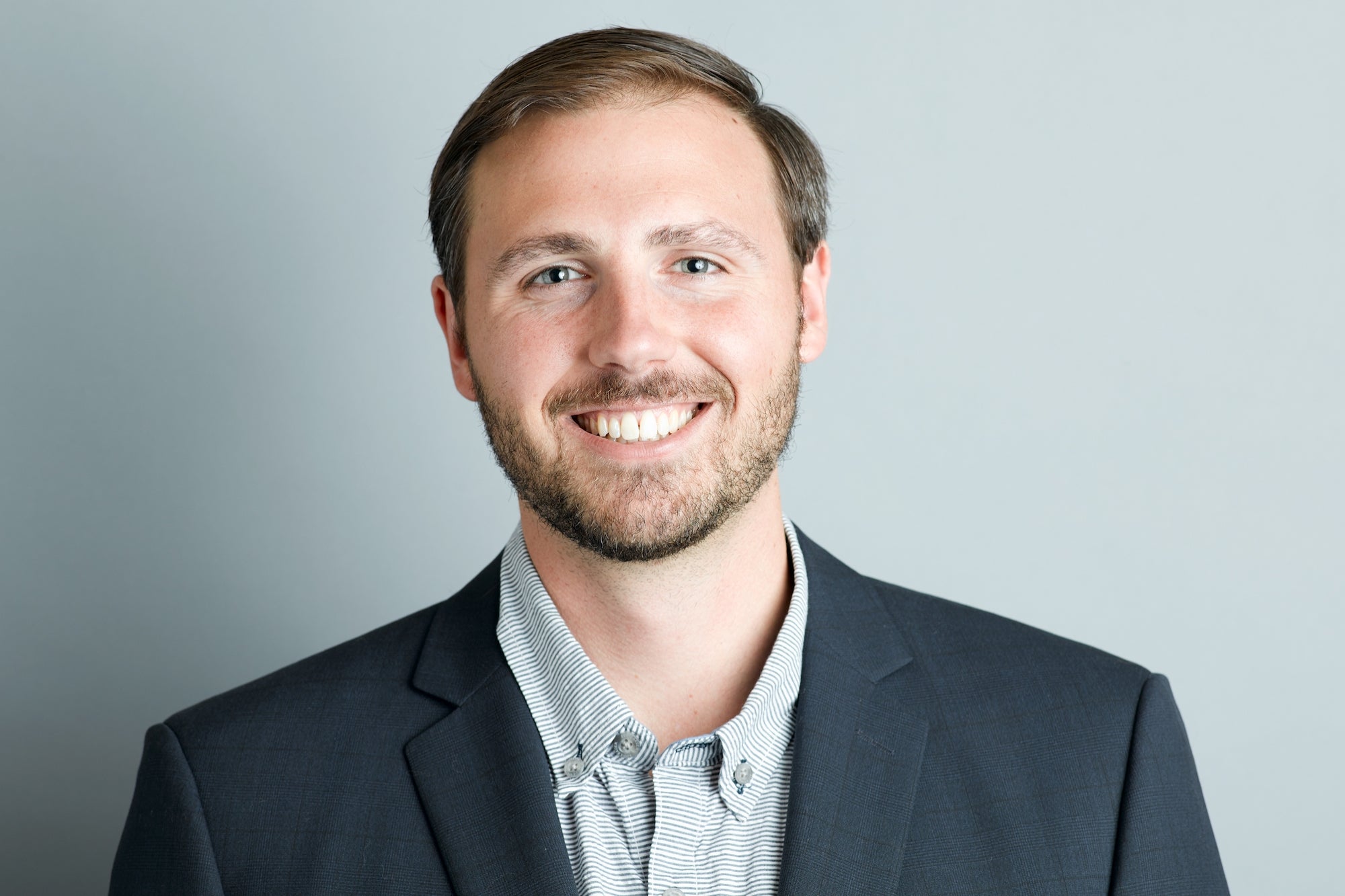Fabric Shop
Startup Costs: $10,000 - $50,000
Part Time: Can be operated part-time.
Franchises Available? No
Online Operation? No
A fabric shop retailing numerous styles and types of fabrics can be opened in a fixed storefront location. Fabric shops have traditionally been very profitable specialty retail operations as the markups applied to fabrics for retail sales can exceed 100 percent or more. The business needs little in the way of specialized equipment, thus keeping the operating overheads to a minimum. To get started, you'll need to secure supply arrangements with fabric manufacturers, many of which are located outside of North America, so this business will require a bit of research and planning. In addition to fabrics, sewing patterns, buttons, zippers, curtain rods, sewing machines, other sewing notions and craft items can be sold as a method to increase the selection of goods available to consumers as well as increasing revenues.
The Market
People who need sewing supplies and other arts and crafts items
Fabric Shop Ideas
Wholesaler
Be the middle person between a manufacturer and the retailer. With any product or service included, this is a business that will always be needed.
Lighting Shop
It's time to shine some light on your business startup.
Fabric Shop
Add some texture to your business side with a shop that's made of good material.
More from Business Ideas
AI vs. Humanity — Why Humans Will Always Win in Content Creation
With the proliferation and integration of AI across organizations and business units, PR and marketing professionals may be tempted to lean into this new technology more than recommended.
This Dad Started a Side Hustle to Save for His Daughter's College Fund — Then It Earned $1 Million and Caught Apple's Attention
In 2015, Greg Kerr, now owner of Alchemy Merch, was working as musician when he noticed a lucrative opportunity.
Their 'Magic Internet Money' Side Hustle Just Hit $1 Billion in Sales: 'We'd Empty 6 Figures of Cash Onto the Counter. The Bank Teller's Expressions Were Priceless.'
Inspired by the concept of decentralized money, Neil Bergquist and Michael Smyers came up with a lucrative idea they believed "would nearly run" itself.





